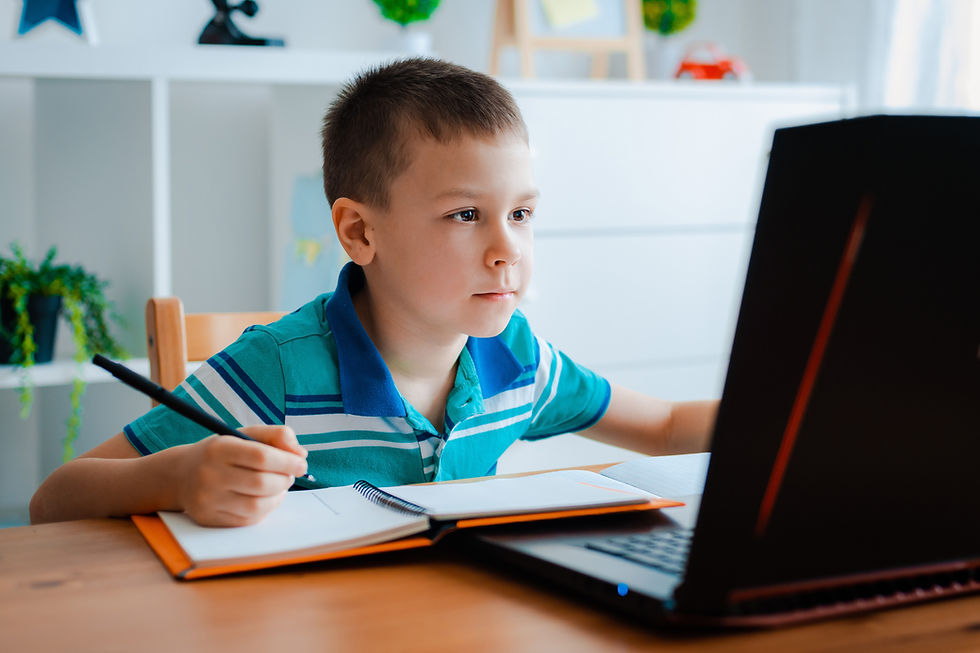How to Self-Learn Science
- Meritlab Site
- Aug 4, 2024
- 2 min read

Self-learning science can be a transformative experience for children, fostering a deeper understanding and a lasting curiosity for the world around them. Here's a guide on how to embark on this journey of self-learning in science:
1. Develop Curiosity: The foundation of self-learning science is developing curiosity. When reading a science chapter from a textbook, start by asking questions. Skim through the chapter, look at the pictures, and predict what the chapter will cover. As you read, seek answers to your questions. This method engages the mind and fosters a deeper understanding of the material. This approach is supported by research that emphasizes the importance of curiosity in enhancing student engagement and learning outcomes .
2. Utilize Diverse Resources: Curiosity opens up a world of learning opportunities. Go beyond the textbook—watch educational videos, read articles, and participate in online forums. These resources provide different perspectives and deepen your understanding of scientific concepts. Thomas Frank's video, "How to Learn Anything Faster - 5 Tips for Mastering Any Skill," offers practical advice on using various resources effectively to enhance learning .
3. Practice Curiosity Daily: Make questioning a daily habit, even if the questions seem simple. This practice trains your brain to think critically and keeps your curiosity alive. Mel Robbins, in her video "Why Self-Discipline Is Overrated," highlights that curiosity, combined with persistence, is crucial for successful self-learning .
4. Engage in Hands-On Learning: Applying what you learn through hands-on experiments, worksheets, or educational games helps solidify your understanding of science. Practical application not only reinforces theoretical knowledge but also makes learning more interactive and enjoyable. The Edutopia video on interactive learning activities underscores how these methods enhance problem-solving skills and keep students motivated.
Conclusion
Self-learning is not just an alternative method of education; it is a vital skill that equips students for lifelong learning and success. By fostering curiosity, leveraging diverse resources, and engaging in hands-on activities, students can deepen their understanding of science and develop critical thinking skills. As education continues to evolve, the ability to learn independently will be increasingly important, making self-learning an essential tool in every student’s educational journey.



Comments